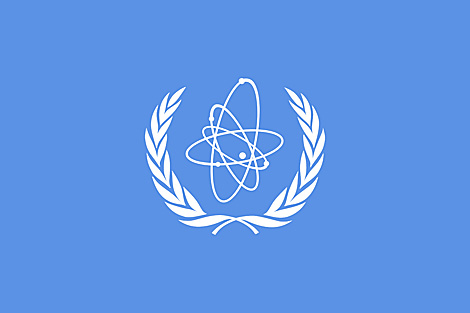Opinions & Interviews
IAEA notes Belarus’ comprehensive set of international agreements on nuclear emergencies

MINSK, 4 February (BelTA) – Belarus has put together a comprehensive set of agreements with various countries on cooperation, assistance, and exchange of information about emergencies, including nuclear and radiological ones, BelTA learned from the report released by the latest Emergency Preparedness Review (EPREV) mission. The report has been published on the website of the Belarusian Emergencies Ministry.
In response to the Belarusian government’s request the International Atomic Energy Agency (IAEA) sent an EPREV mission into the country in 2018. The mission was supposed to give an expert evaluation of Belarus’ preparedness for radiation emergencies in comparison with other countries and in line with IAEA standards. The EPREV mission worked in Belarus on 8-17 October 2018.
The report noted that in some aspects Belarus has gone beyond the expectations set by safety standards. The number includes possibilities for treating contaminated or irradiated people, the nuclear power plant’s ability to respond to emergencies on the spot. The availability of education institutions for training specialists was mentioned as a positive aspect. The report also mentions the experience of managing long-term non-radiological consequences of nuclear or radiological emergencies as a good practice stemming from accumulated experience. The fact that Belarus has put together a comprehensive set of agreements with various countries on cooperation, assistance, and exchange of information about emergencies, including nuclear and radiological ones, was mentioned as another good example. Finally, the team mentioned the integration of management of nuclear or radiological emergencies into the general system for responding to emergencies.
The EPREV report reads that Belarus boasts a reliable comprehensive organization for crisis management – the state system for the prevention and alleviation of consequences of emergencies. The system is subdivided into nationwide, territorial, local, and site-specific organizations. The EPREV team believes that a detailed description of processes and decision-making authorities as well as the provision of recommendations could improve the system.
The EPREV team submitted recommendations in favor of revising the system for hazard and danger classification, the implementation of prompt protection measures and other response mechanisms. Some recommendations were mentioned and proposals were put forward regarding the implementation of the IAEA’s recently developed guidelines such as a protection strategy, the termination of a nuclear or radioactive emergency and the handling of radioactive waste generated in the course of an emergency.
The experts stated that response plans for various levels had been developed in the course of construction of the Belarusian nuclear power plant. IAEA safety standards are widely used as reference information. In many cases the safety measures have been tested during various training sessions and exercises, which provided valuable information for the development of emergency response measures.
Personnel of the nuclear power plant and other response agencies are trained on a regular basis. Equipment for education and advanced training of various categories of workers is available. The emergency response unit located near the nuclear power plant has a radiation detection department. Its personnel are trained every three months in a special training center in Minsk and take part in exercises arranged in high-radiation areas around the Chernobyl nuclear power plant.
The IAEA will continue working with Belarus to improve emergency preparedness and response mechanisms. Belarus is expected to take measures to implement the recommendations and proposals the report contains and invite another IAEA mission to evaluate the results.







 print version
print version make home page
make home page add to bookmarks
add to bookmarks

